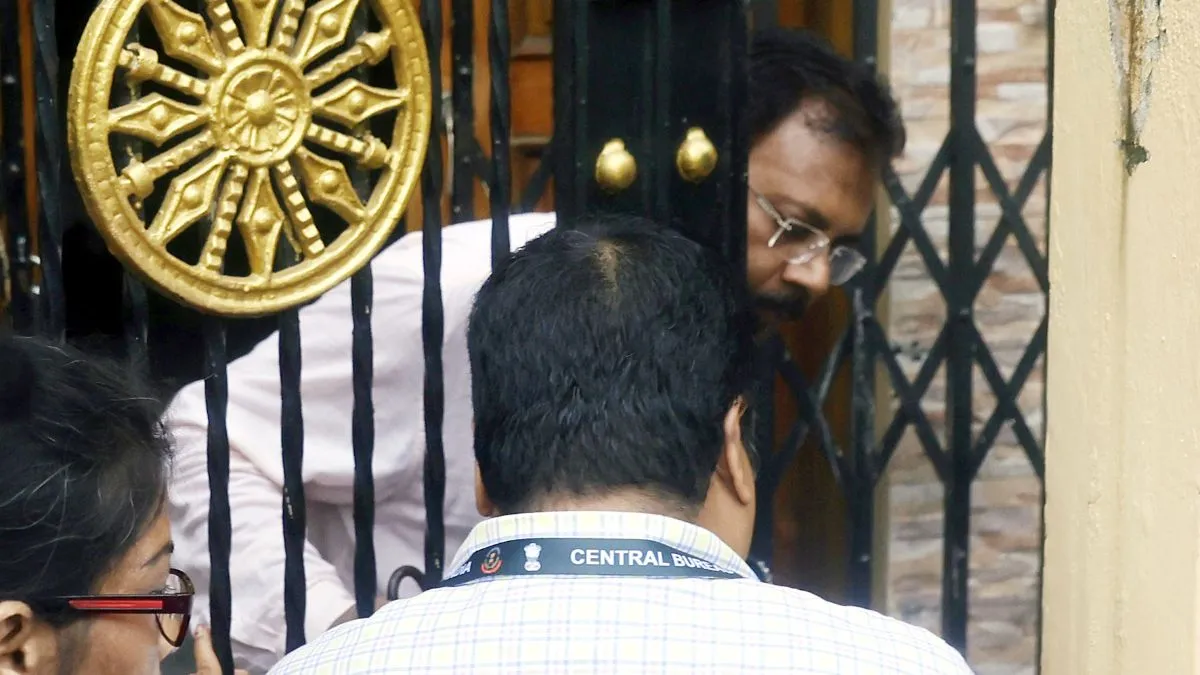The Supreme Court’s dismissal of the petition filed by Sandip Ghosh, the former principal of Kolkata’s RG Kar Medical College and Hospital, signifies a pivotal moment in the investigation into alleged financial irregularities at the institution. Ghosh’s challenge against the Calcutta High Court’s order for a CBI investigation was dismissed, underscoring the legal framework that prohibits accused individuals from influencing the transfer of an investigation. This decision paves the way for the CBI to proceed with its inquiry without any procedural roadblocks. The investigation stems from the tragic death of a 31-year-old postgraduate trainee doctor in August 2023, raising concerns about potential mismanagement and financial impropriety within the hospital. The unfolding case raises critical questions about accountability within the healthcare system and the need for thorough investigations into allegations of misconduct.
The CBI Investigation: A Crucial Step in Uncovering Truth
The investigation into Sandip Ghosh’s alleged financial irregularities was initiated after a petition filed by Akhtar Ali, a former deputy medical superintendent and whistleblower, raised concerns about the financial health of the hospital during Ghosh’s tenure as principal. The Calcutta High Court, acknowledging the seriousness of the allegations, ordered a CBI investigation to scrutinize these claims thoroughly.
The Scope of the Investigation: Beyond Financial Misconduct
The CBI investigation is not solely confined to financial irregularities but extends to encompass any potential misconduct that may have occurred during Ghosh’s tenure. The probe will delve into the circumstances surrounding the tragic death of the postgraduate doctor, aiming to determine whether any negligence or mismanagement played a role in the incident.
The Judicial Oversight: Ensuring Transparency and Accountability
The investigation, despite being initiated by the Calcutta High Court, is subject to close judicial scrutiny. This ensures that the investigation process adheres to legal principles and that all findings are transparently documented. The involvement of the judiciary signifies the importance of due process and underscores the gravity of the allegations against Ghosh.
Enforcement Directorate Joins the Probe: Expanding the Investigative Scope
Following the CBI raids and Ghosh’s arrest, the Enforcement Directorate (ED) joined the investigation, launching a separate probe into the alleged financial irregularities at RG Kar Medical College and Hospital. The ED’s involvement reflects a deeper investigation into potential money laundering and illicit financial transactions associated with the alleged misconduct.
Widening the Net: Searching for Connections and Collaborators
The ED’s searches targeted multiple locations linked to Ghosh, including his residences and those of his associates. This broad scope of the investigation suggests that the ED is exploring potential connections between Ghosh’s financial dealings and other individuals or organizations. The aim is to identify potential accomplices and collaborators involved in the alleged financial misappropriation.
Legal Battleground: Supreme Court’s Dismissal of the Petition
Sandip Ghosh’s attempt to challenge the CBI investigation in the Supreme Court was unsuccessful, highlighting the limited grounds on which an accused person can challenge an investigation. The Supreme Court emphasized that an accused does not have the right to influence the course of the investigation, ensuring the investigation proceeds without undue influence from the accused.
Procedural Framework: The Right of the Accused vs. the Need for Investigative Autonomy
The Supreme Court’s decision upholds the principle of due process, safeguarding the rights of the accused. However, the decision also emphasizes the need to ensure investigative autonomy, allowing the CBI to carry out its inquiry without undue interference. The decision creates a clear procedural framework that allows the CBI to proceed unhindered in uncovering the truth.
Beyond the Legal Battles: Lessons Learned and Policy Implications
The case involving Sandip Ghosh transcends a legal battle and highlights larger systemic issues within the healthcare system. The allegations of financial misconduct, coupled with the tragic death of a postgraduate trainee doctor, raise serious concerns about governance and oversight in medical institutions.
The Need for Stronger Governance: Promoting Accountability and Transparency
The investigation into Sandip Ghosh’s alleged misconduct highlights the urgent need for stronger governance mechanisms within healthcare institutions. Implementing robust financial transparency measures and establishing independent oversight bodies can help mitigate the risk of financial malfeasance. These reforms will promote accountability and transparency within the healthcare sector, fostering a more ethical and efficient system.
The Urgent Need for System-wide Reforms: Safeguarding Patient Well-being
The tragic circumstances surrounding the death of the postgraduate trainee doctor underscore the crucial need for a comprehensive overhaul of the healthcare system. Measures should be taken to prioritize patient well-being, enhance safety protocols within healthcare institutions, and address the concerns of trainee doctors and healthcare professionals.
Ensuring Ethical Conduct: Rebuilding Public Trust
The case serves as a stark reminder of the importance of maintaining ethical conduct in the healthcare sector. Strengthening regulations and enforcing existing ethical standards will be critical to rebuild public trust in the integrity and competency of medical institutions. Restoring trust will require concrete actions that demonstrate a commitment to ethical practices, accountability, and transparency.
Take Away Points
The Supreme Court’s dismissal of Sandip Ghosh’s petition signals a pivotal moment in the investigation into alleged financial irregularities at RG Kar Medical College and Hospital. The CBI investigation is now free to proceed without procedural roadblocks, allowing for a comprehensive inquiry into the alleged financial misconduct and the tragic death of the postgraduate doctor. The case underscores the need for robust governance mechanisms and a commitment to ethical practices within healthcare institutions. The investigation holds the potential to expose systemic vulnerabilities within the healthcare sector, prompting essential reforms aimed at improving accountability, transparency, and the overall safety of medical professionals and patients.




